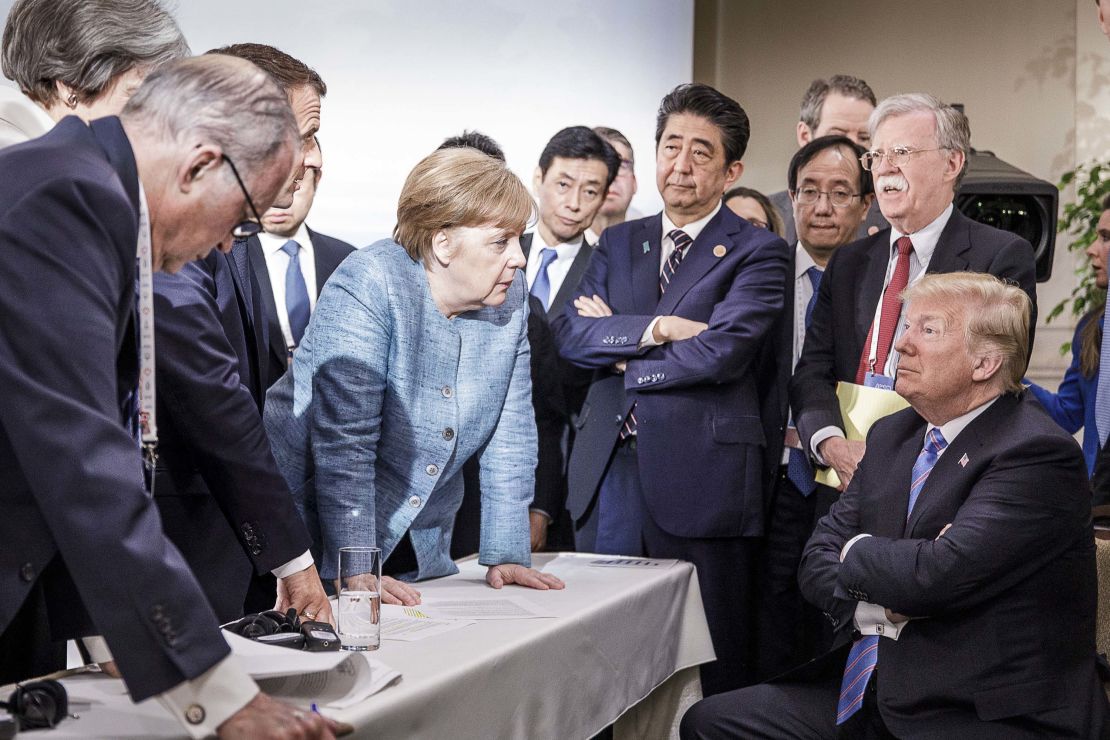Editor’s Note: This was adapted from the November 10 edition of CNN’s Meanwhile in America, the daily email about US politics for global readers. Click here to read past editions and subscribe.
Angela Merkel’s faith in America was deeply shaken when Donald Trump won the US presidency in 2016.
The German Chancellor who grew up behind the Iron Curtain was quicker than most to perceive his threat to the kind of US global leadership that has traditionally underwritten European security. Had Hillary Clinton won in 2016, Merkel may well have opted not to run for a fourth term. But she would not retire with Trump in the White House, seeing him as a peril to the West, its common values and security architecture like NATO.

A sense of relief four years later pulsed through her congratulatory message to President-elect Joe Biden and Vice President-elect Kamala Harris. “Joe Biden brings with him decades of experience in domestic and foreign policy. He knows Germany and Europe well,” Merkel said in her first televised address since the US election.
Her greeting envisages America returning as an assertive global leader to tackle the “major challenges of our time” like climate change, the pandemic, terrorism, trade and the economy, “side by side” with Europe. But Merkel also understands that Trump’s presidency, attacks on NATO and reasonable demands for Europe to pay more for its own defense reflect political dynamics within the US that mean the old halcyon days of American protection aren’t coming back – even if Russia remains a vigorous adversary.
“We Germans and Europeans understand that we must take on more responsibilities in this partnership in the 21st century. America remains our most important ally, but it rightfully expects more effort from us to guarantee our own security and to defend our values around the world,” Merkel said.
The “Chancellor of the Free World” does not plan to run for reelection again. That could leave Biden as one of the last active politicians whose worldviews were shaped by the Cold War. Not enough strategic thinking has been done so far on either side of the Atlantic on how to evolve the world’s most effective alliance for the 21st century, especially with the US increasingly looking to China as its most important foreign policy issue.
The end of Trump’s “America First” nationalism buys the West a little time to accelerate that thinking. But the urgent questions he posed are not going away.




















